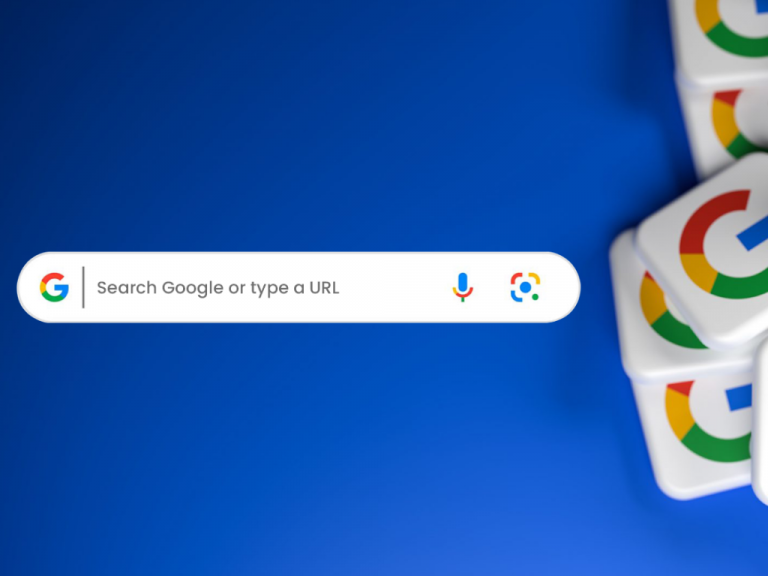Internet giant Google is enhancing its three-month-old Search Generative Experience (SGE) platform, equipping it with new and interactive features designed to bridge the gap between users understanding and the wealth of information available online.
The enhancements specifically target broad subjects such as science, technology, engineering, and mathematics (STEM), economics, history, and similar domains.
The SGE platform serves as Google’s AI-powered conversational interface in Search, designed to offer real-time interaction to aid and amplify users’ online searches. The new additions to SGE include tools to define unfamiliar terms, improve language fluency, and boost coding skills through AI-assisted recommendations.
One of the highlights of this new rollout is an unprecedented feature that will enable users to hover over select words in Google’s AI-generated responses to see previews of their definitions. Users can also view images or diagrams relevant to their search topic. Similar to an option offered by competitor Bing Chat.
Developers and programmers would find the new feature specifically useful for color-coded segments with syntax highlights within the SGE platform. It will also make identifying distinct elements like keywords, comments, and strings less challenging, ultimately strengthening the debugging process.
While SGE is predominantly used for programming assistance currently, Google has also hinted at the potential application of SGE on web browsers. Labeled an early experiment, this feature aims to simplify user interaction with long-form content from different web publishers and creators.
The feature might look familiar to some users as it resembles the content-highlighting search feature that navigates users to relevant text based on specified terms, but this time, it leverages Google’s AI capabilities for the task.
Also, in a move dubbed as catching up to Bing Chat, Google’s AI will now summarize the contents of a web page for users, serving them with the key points and links to corresponding sections of an article.
Google has, however, clarified that AI summaries will not be provided for paywalled articles. Additionally, publishers can disable this feature by marking their content as paywalled in the Help Center.


